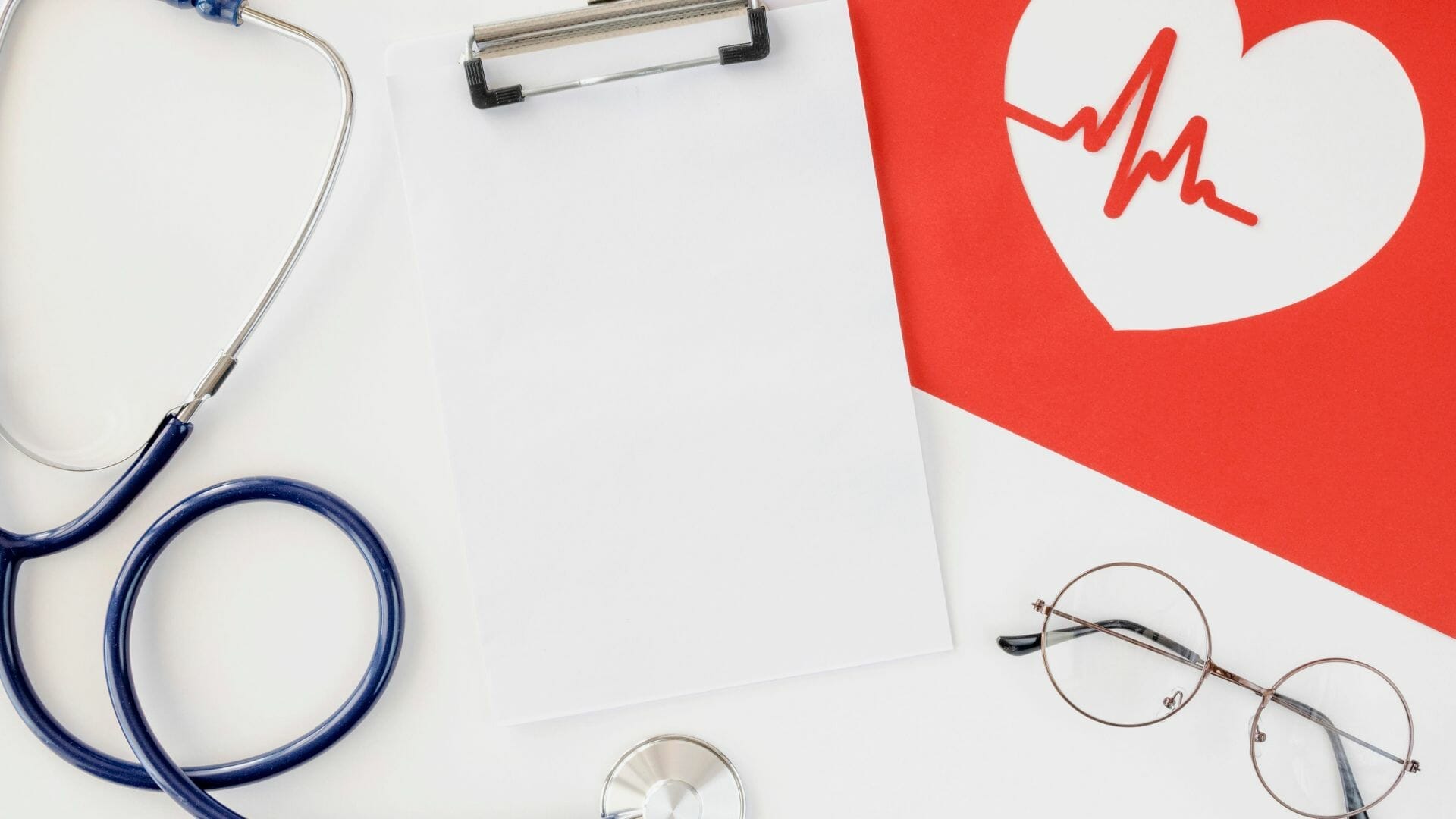In 2014, Joe Sheya suffered a heart attack while eating at a restaurant in Maryland. That restaurant didn’t have an automated external defibrillator (AED). As a result, no one in the restaurant could revive Joe. When EMTs finally arrived, they tried to save his life but failed.
The legislature eventually responded by updating AED laws in Maryland. The law previously required some businesses to store an AED on-site. But now, even more, businesses are on that list.
Who Do the New AED Laws in Maryland Affect?
The new AED laws in Maryland affect two types of businesses: grocery stores and restaurants. Under the new regulations, grocery stores that earn at least $1 million in yearly gross income must keep an AED on the premises. Similarly, a restaurant that earns more than $10 million annually must have an AED.
Consequences of Defying This Law
Business owners should obey this new law for two main reasons. First, the state will punish any business found violating it. Second, if someone requires defibrillation and can’t get it, the violating business owner is liable for any harm that person suffers. Paying for an AED is a lot cheaper than paying damages in a civil lawsuit.
Do Employees Need to Use the Device?
While business owners are required to have an AED on-site, they don’t need to know how to use it. When someone suffers a heart attack, only people who have medical training should attempt to help them. And business owners do not need to train their employees or hire employees who know how to use the device.
Additional Requirements

You can’t get away with simply owning an AED. To obey the updated AED laws in Maryland, you must store the AED somewhere that customers or tenants can easily access it. Furthermore, you must regularly maintain the device. This means you should pay a professional to inspect it on a regular schedule. And if it fails an inspection, you should replace it promptly.
Tax Credit
The law doesn’t just punish business owners. It also offers them a reward. You may claim a $500 tax credit (but no more than the cost of the device) when you purchase an AED for a restaurant that earns more than $400,000 annually.
The Future of This Law
Carol Sheya (Joe’s wife) fought for this law for almost a decade. And she is not done fighting. Despite this success, she wants to require AEDs in even more businesses. It is her belief that AEDs should become mandatory in gyms and other places that involve athletics.
And she’s not alone in her crusade. Carol has the support of the owner of the Buffalo Bills.
When to Contact a Premises Liability Lawyer
All but the smallest restaurants and grocery stores earn enough income to fall under the new AED laws in Maryland. Thus, if you or a relative needs an AED and one isn’t available at a restaurant or grocery, you should contact The Joel Bieber Firm right away.
Our personal injury attorneys will investigate your case and determine whether the business violated the law. And when the law allows, we will fight to get you every dollar you deserve. Don’t suffer from massive medical bills or the loss of a loved one alone. Contact The Joel Bieber Firm and get paid after someone else’s negligence harmed you.
Interesting Reads:
Understanding the Legal Differences Between Licensees, Invitees, and Trespassers
The Consequences of Traffic Accidents in Virginia
The 4 Types of Documentation You Need for a Personal Injury Claim

